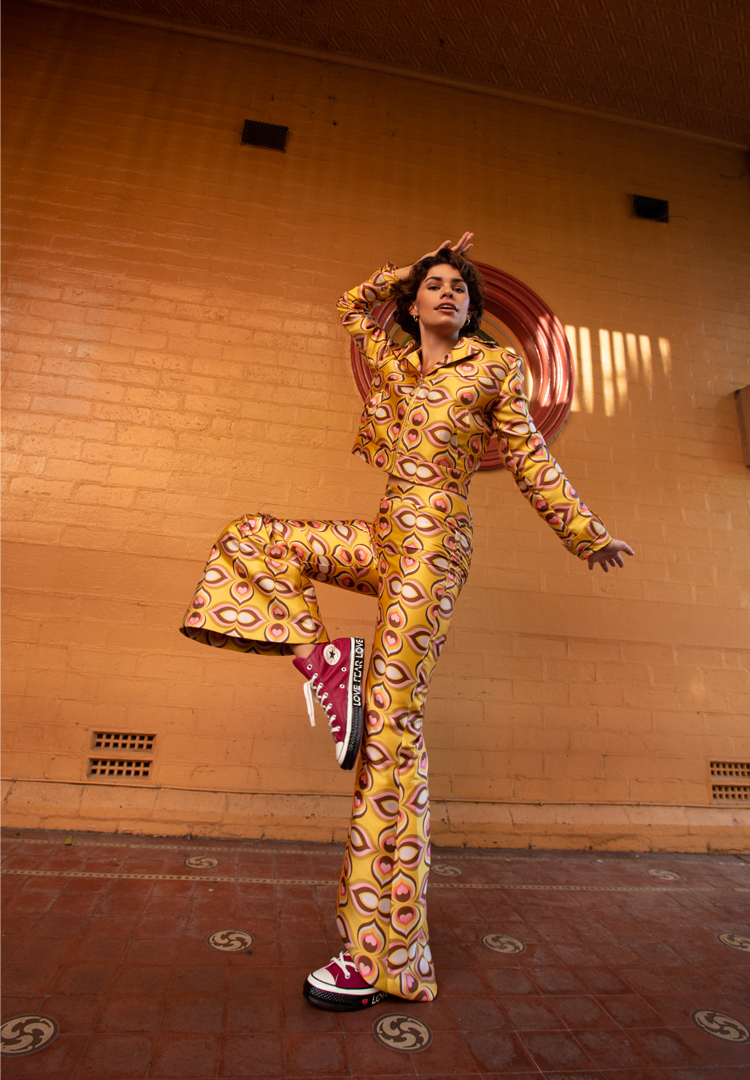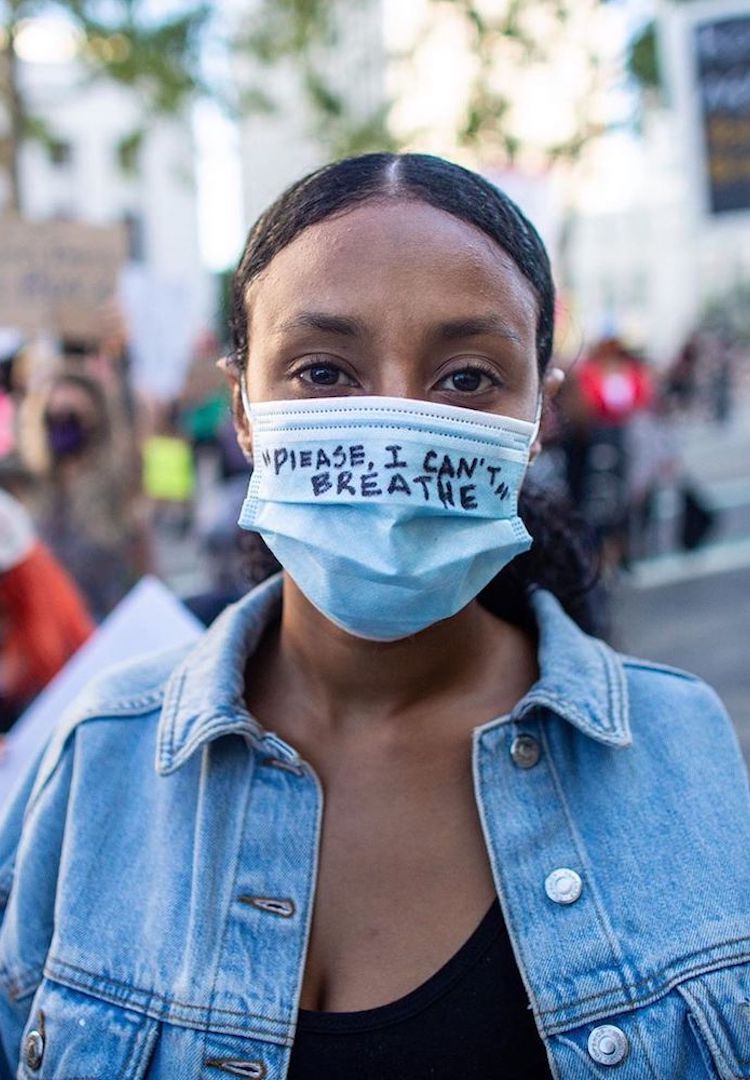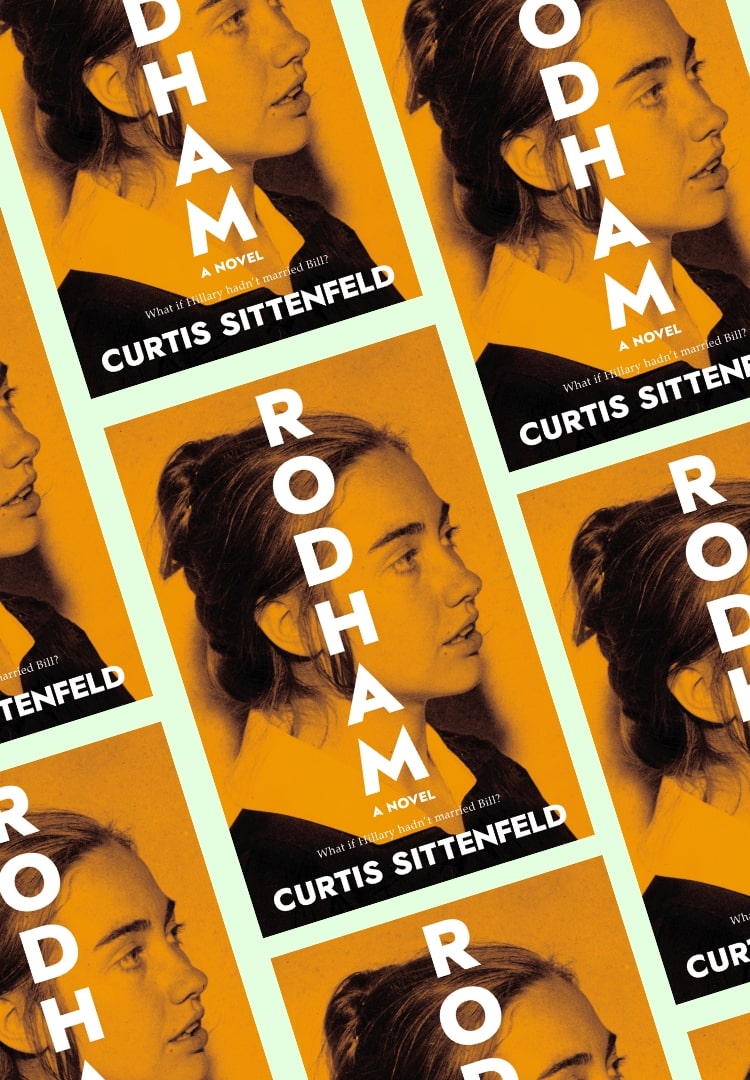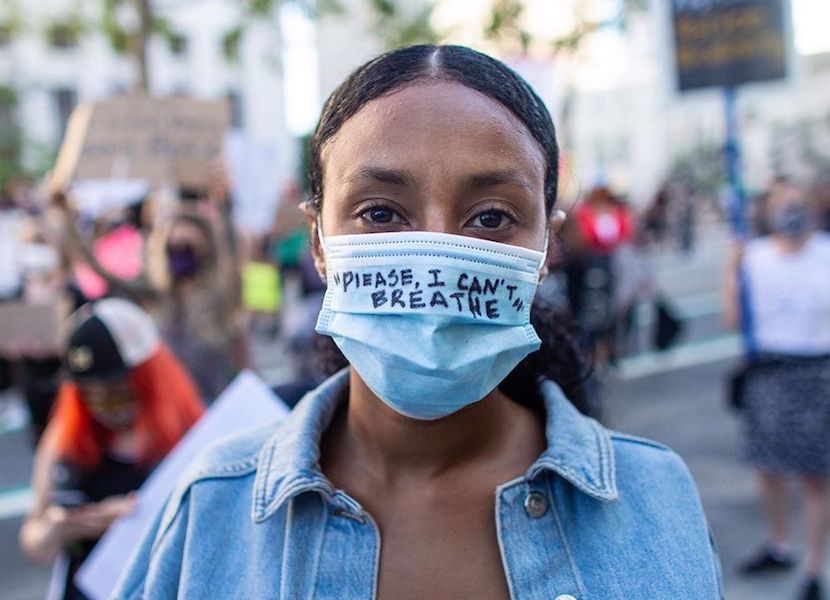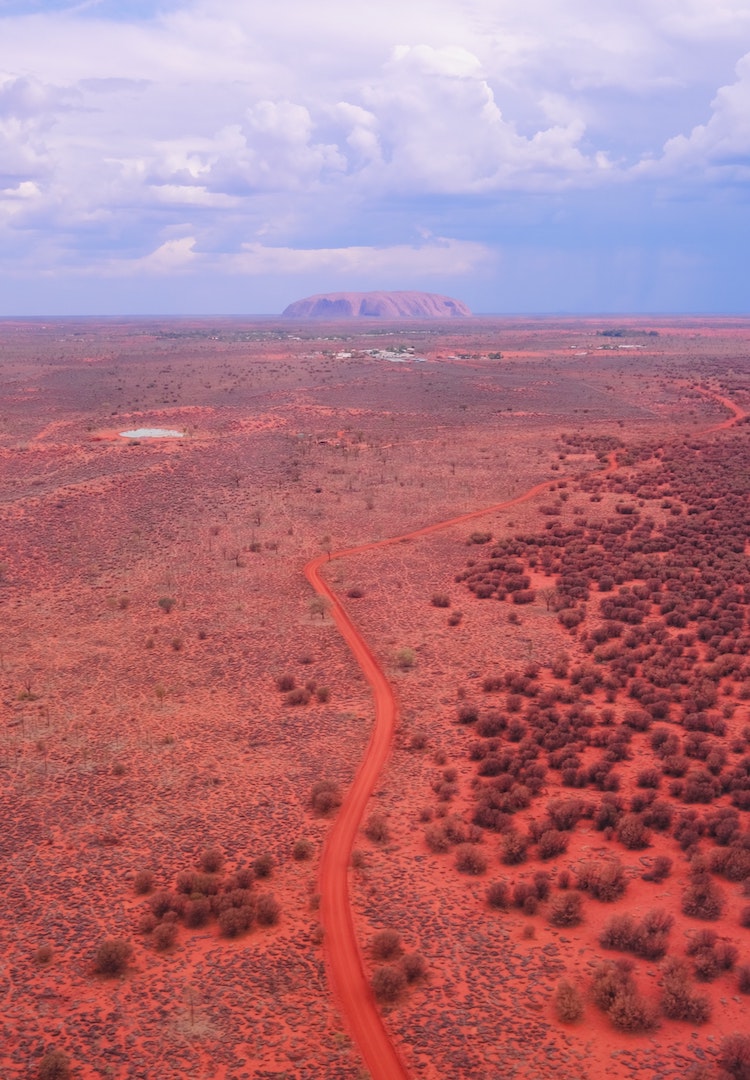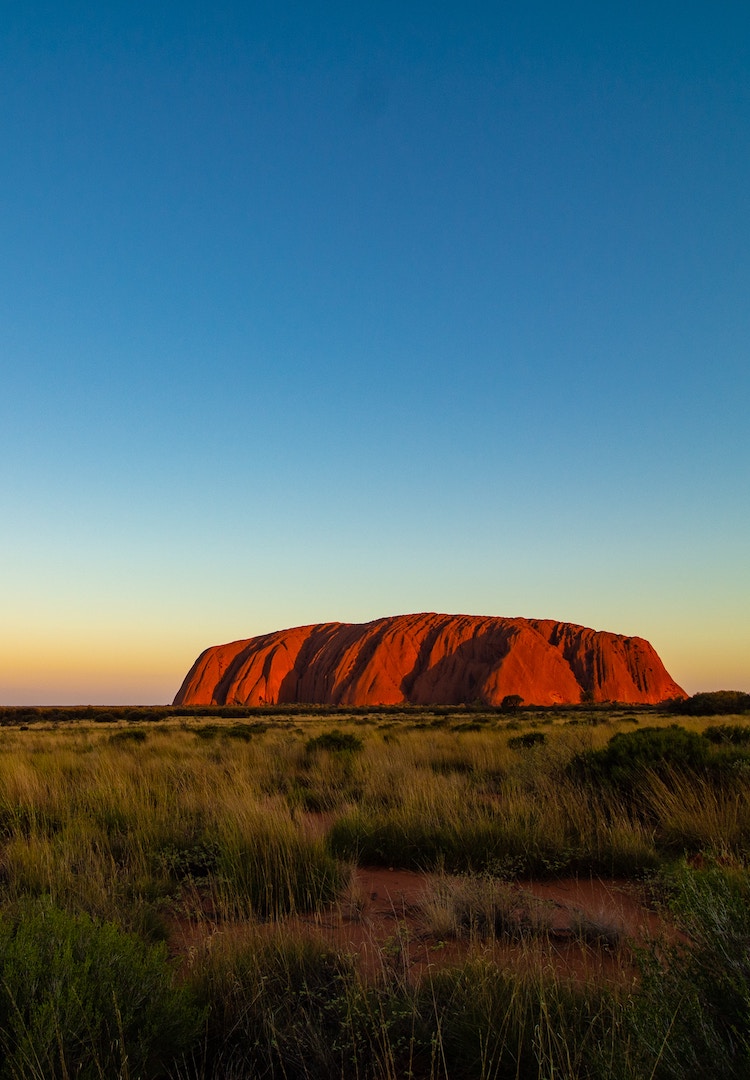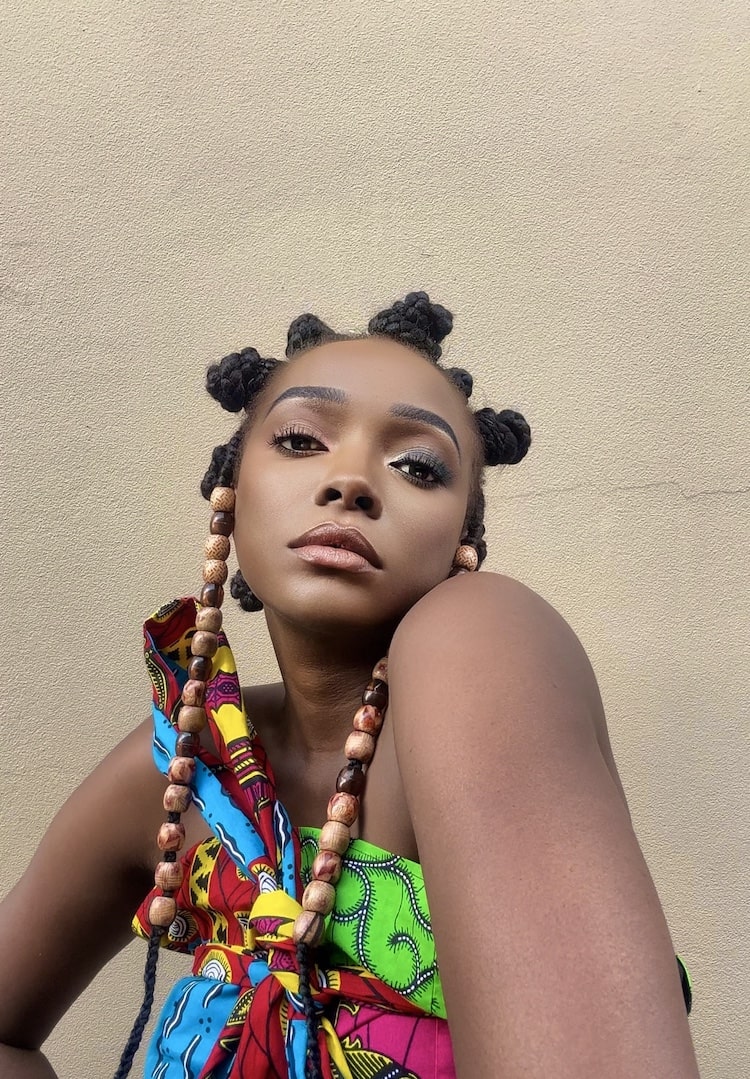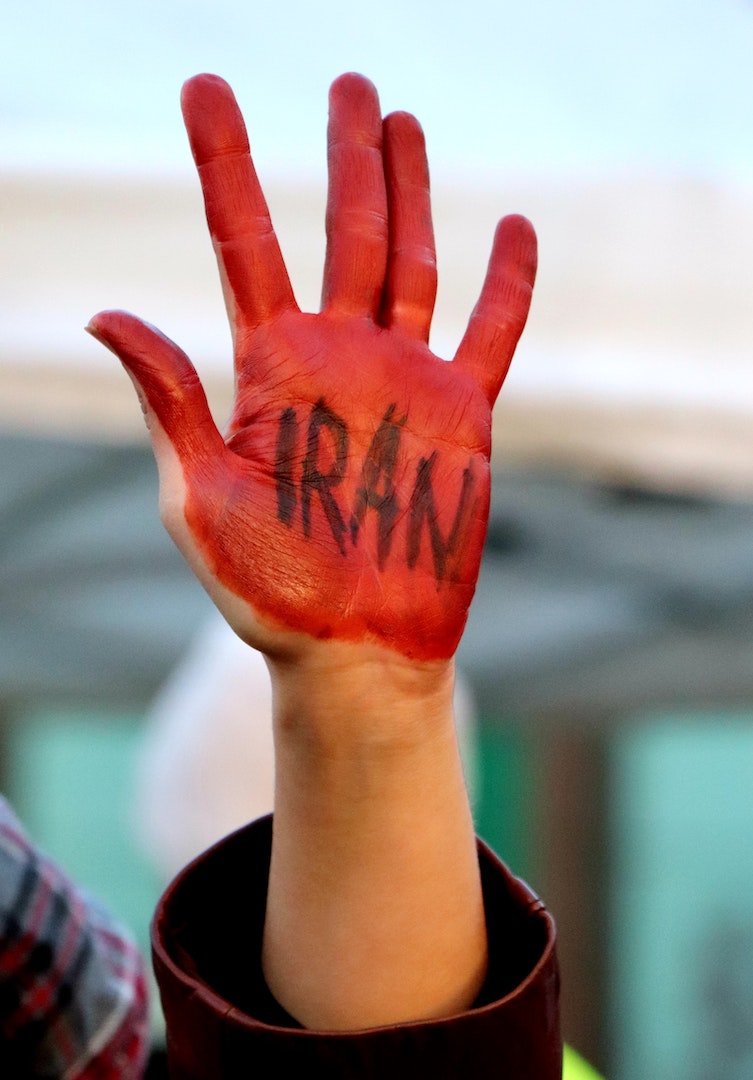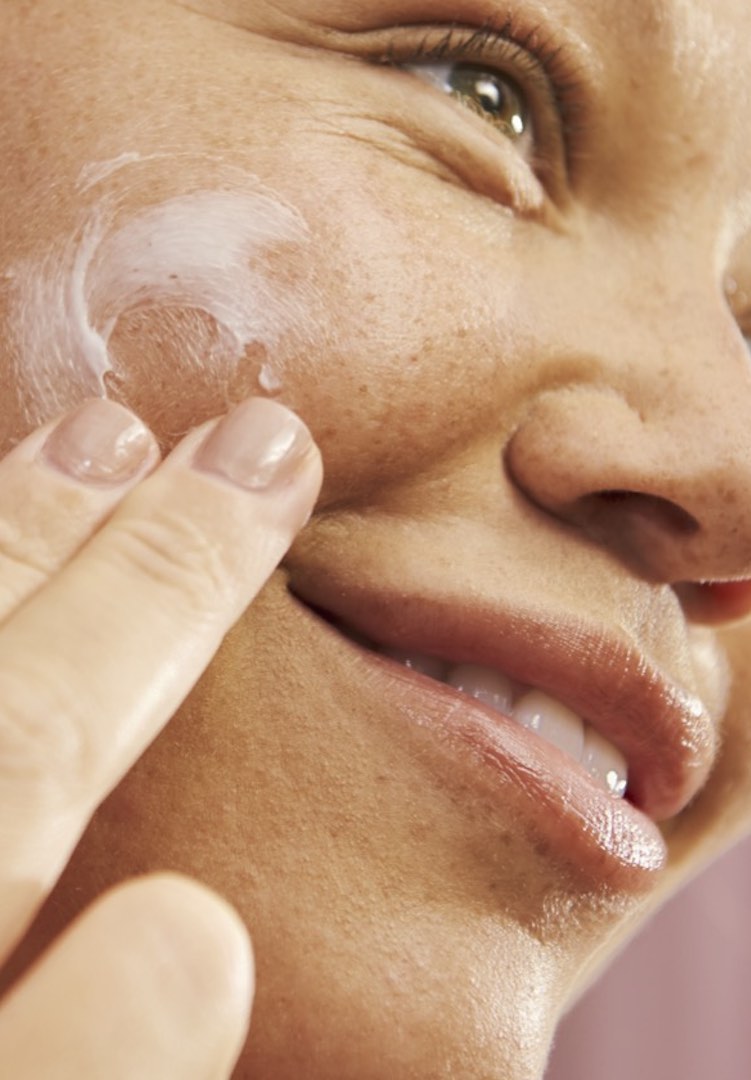How to take activism beyond your keyboard
IMAGE VIA GLITTER MAG ROCKS
WORDS BY MAGGIE ZHOU
Extend it further than a short-lived Instagram story.
This week we welcome a guest editor to Fashion Journal, Rona Glynn-McDonald. Rona is the founder of Common Ground, a not-for-profit organisation educating Australians on Aboriginal and Torres Strait Islander cultures. Rona is joining us for Reconciliation Week, which runs from May 27 to June 3. Read more about Common Ground and Rona’s work here.
The world has fallen into collective unrest after the merciless murder of George Floyd, an African-American man who died after a white police officer pinned him down and knelt on his neck for more than eight minutes.
The systematic violence against black people is nothing new, nor is it something we’re free from here in Australia. Over the last few days, our group messages and social media feeds have been flooded with 15-second screens of aesthetically designed quotes condemning racism and eye-catching lists of resources formatted in bright, bold fonts.
However well-meaning, these gestures of solidarity can sometimes come across as slacktivism, a portmanteau of ‘slacker’ and ‘activism’ where people support social and political causes through gestures that require little effort – people who are not concerned about making an actual change.
With the ‘silence is violence’ mentality currently being pushed on social media, how do we ensure we aren’t just virtue signalling? Especially when the current iteration of the Black Lives Matter movement is being treated by some, whether consciously or otherwise, as a trendy bandwagon to jump onto, quickly snap an Instagram story, then jump off. How do we make long-lasting real change?
As Indigenous Australian activist, Aretha Brown said, “activism must be practical, otherwise our ideas fail to transform into anything. To be an activist… is to be active. Actively fighting oppression, injustice and historical erasure.”
The phrase ‘anti-racist’ has begun to gain more traction. It refers to the active responsibility people must take as they strive towards dismantling racism in their own lives. It is an acknowledgement that being ‘not racist’ is not enough.
With that comes the uncomfortable truth: we are all racist. I speak specifically to my fellow non-black POC and white people here: it is our responsibility to admit that we can always do better and that we have privileges that aren’t extended to our black peers.
Dismantling white fragility and ego means acknowledging that racism isn’t only defined by overt acts like unjust murders, blackface and racial slurs. It’s accepting that covert racism like tone policing, eurocentric curriculums, denial of white privilege and the fetishisation of marginalised people are all part of the problem.
It’s when we think things like, “they don’t sound black”, “this neighbourhood is unsafe”, “they’re not like other black people”. The faster we recognise these micro-aggressions, the better chance we have at dismantling them and our own prejudices.
Instead of feeling sad, shocked or even apathetic, here are some tangible changes we can implement in our lives.
Check what you’re posting
If you’re feeling overwhelmed by the sudden influx of racial discourse, just think about the traumatic time black people around the world are going through right now.
Writer Chrissy Rutherford explained the impact it’s having on her, saying “understanding that somebody has been murdered for having the same skin colour that I have is a lot to deal with… I’ve felt overwhelmed trying to process what is happening. My body is taking on the stress, my neck has been so stiff, I’m not sleeping well at night.”
Don’t be a participant in trauma porn – stop circulating videos of black deaths. As Flex Mami put it, “don’t let footage of extreme racial acts desensitise you from your own complacency”. Actively engage in the posts you share, and ask yourself if you are practising what you preach.
Donate to worthy causes
Here in Australia and over in America, there are numerous charities and organisations that are supporting black people in various ways. As we saw from the financial outpouring of generosity after our Australian bushfires, financial donations are paramount in creating actionable change.
If you can’t donate money right now, start compiling a spreadsheet with a list of organisations and charities that you would like to support and share it around your friend group, family and workplace, encouraging them to donate whenever they have the means to.
The US
- Black Visions Collective: centred around teachings and practices to develop black leaders for long-term, sustainable change
- Reclaim the Block: organises Minneapolis community and city council members to redistribute money from the police department into other areas of the city’s budget that promote community health and safety
- The Bail Project: provides free bail assistance to low-income individuals who are legally presumed innocent
Australia
- Justice for David Dungay Junior: support David Dungay Junior’s family who is seeking justice for his death in custody
- Djirra: provides practical support to Aboriginal women, particularly those experiencing family violence
- Victorian Aboriginal Legal Service: provides referrals, advice, information and assistance to Aboriginal and Torres Strait Islander peoples in Victoria
- Bridging the Gap: funds research into the health and education of Aboriginal and Torres Strait Islander peoples
- Healing Foundation: partners with communities to address the ongoing trauma caused by actions like the forced removal of children from their families
- The Purple House: seeks to improve the health and lives of First Nations people with a focus on renal failure and kidney disease
- Justice for Kumunjayi Walker: support an independent inquiry into the unlawful shooting of Kumanjayi Walker by police
- Day family fundraiser: an emergency fundraiser to support the family of Tanya Day after her death while in custody
- Sisters Inside: an independent community organisation that advocates for the collective human rights of women and girls in prison
- NPY Women’s Council: delivers health, social and cultural services for all Anangu
Attend protests
Your physical presence, especially as non-black allies, can be so important at protests. Here are the protests happening around our country this Saturday in support of Black Lives Matter as well as protesting against black deaths in custody. Make a sign and round up your friends and please wear a mask and practice social distancing as much as you can.
- Melbourne: Saturday June 6, 2pm
- Sydney: Saturday June 6, 3pm
- Adelaide: Saturday June 6, 12pm
- Canberra: Saturday June 6, 3pm
- Brisbane: Saturday June 6, 1pm
- Newcastle: Saturday June 6, 2pm
Call-in and call-out your social circle
You don’t need a social platform to change minds. In fact, you’ll have the biggest influence in your own social circles. While the more aggressive call-out culture has a place in activism, some may feel more comfortable with call-in culture.
Calling in refers to “the act of checking your peers and getting them to change problematic behaviour by explaining their misstep with compassion and patience”. Have tough conversations within your home or extended social circle. Realise your importance in starting these discussions and know it won’t always be easy.
Educate yourself and then others
Arm yourself with resources. Google is your best friend – there’s absolutely no need to further burden black people by asking them to educate you and provide more emotional labour. There are podcasts, films and books available, here is a selection.
Web-based resources
- American author and historian Ibram X. Kendi’s anti-racist reading list
- Vogue’s essential anti-racist reading list
- The Guardian‘s interactive database on Aboriginal deaths in custody
- The Arrow Journal’s Why People of Color Need Spaces Without White People
- IndigenousX, a trusted Indigenous media platform that launched in 2012
- 75 Things White People Can Do for Racial Justice
Books
- Robin Diangelo’s White Fragility: Why It’s So Hard for White People to Talk About Racism
- Ijeoma Oluo’s So You Want To Talk About Race
- Layla F. Saad’s Me and White Supremacy
- Heather Ann Thompson’s Blood in the Water
- Reni Eddo-Lodge’s Why I’m No Longer Talking To White People About Race
- Ibram X. Kendi’s How To Be An Antiracist
- Bruce Pascoe’s Dark Emu
- Isabel Wilkerson’s The Warmth of Other Suns
- Aileen Moreton-Robinson’s Talkin’ Up to the White Woman
Podcasts
- About Race with Reni Eddo-Lodge
- 1619
- Code Switch
- Bobo and Flex
- Pod Save the People
- Momentum: A Race Forward
- ‘Let’s Talk About Something Uncomfortable… Race’ episode by After Work Drinks
- Always Was, Always Will Be Our Stories by Marlee Silva
- Deadly Story’s podcast series
Film and TV shows
- 13th (Ava DuVernay)
- When They See Us (Ava DuVernay)
- Dear White People (Justin Simien)
- The Hate U Give (George Tillman Jr.)
- I Am Not Your Negro (Raoul Peck)
- The Australian Dream (Daniel Gordon)
Decolonise your social media feed
Analyse who you follow on social media and actively bring in more diverse voices. Some educational accounts we recommend are: @theconsciouskid, @nowhitesaviours, @laylafsaad, @rachel.cargle, @mikaelaloach, @ckyourprivilege, @iamrachelricketts, @thegreatunlearn, @munroebergdorf, @israhirsi, @_enterthedragon_, @sar.ra, @allira.potter, and @barkaa__ . Here is a list of black influencers to help further diversify your feed.
Financially support black businesses
Long-term support means financially backing black businesses. Here is a list of black-owned fashion and lifestyle businesses. Here is a list of black-owned beauty brands. Here in Australia, Blak Business showcases First Nations entrepreneurs and businesses who need support.
Continuously challenge yourself
Know that white supremacy and privilege seeps into every aspect of our lives and is something we have to constantly unlearn and check ourselves on. Don’t fall into complacency and give yourself smug pats on the back – these acts of allyship aren’t meant to tickle white egos. We will never be perfect, but we can always strive to be better.

